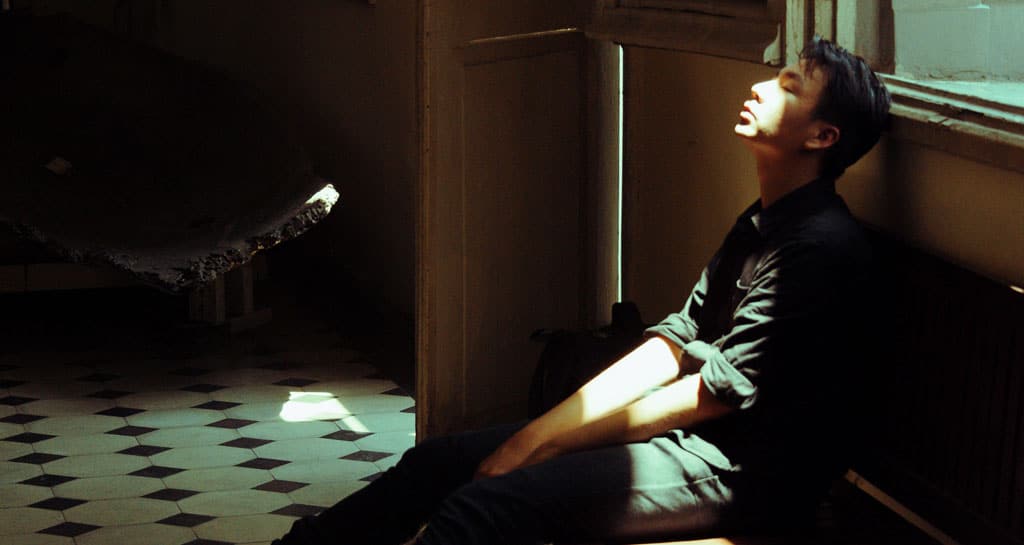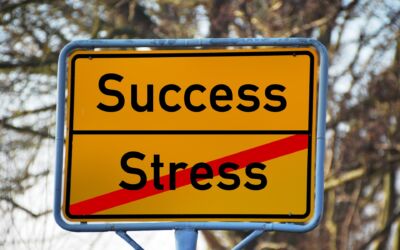Over 6.7% of adults in the United States experience at least one major depressive episode annually. And high-functioning depression affects 1.5% of adults in the USA every year.
Despite millions of people living with this type of depression, many remain undiagnosed. And though the stigma surrounding mental health is lessening, high-functioning depression is often brushed off as low mood.
Because how can someone be depressed if they are still able to get to work on time, feed their kids dinner, and maintain friendships? Aren’t people with depression supposed to be unable to get out of bed in the morning?
Depression can affect people differently and high-functioning depression is still chronic depression. But it’s also difficult to spot, both for those living with it and to outsiders.
If you are concerned that either yourself or a loved one has this type of depression, this guide will help you understand the mental disorder and how to notice symptoms.
What Is High-Functioning Depression?
High-functioning depression is also known by a couple of different names. One is dysthymia and the other is Persistent Depressive Disorder (PDD). Both mental health professionals and sufferers might prefer one term over another, and some think of them as separate disorders. But generally speaking, they’re quite similar.
Someone with high-functioning depression can appear like they are doing well on the outside. They can fulfill all of their usual responsibilities and even take part in leisure activities.
But, in reality, a person with high-functioning depression is not coping. They have had a consistently low mood for over two years with very few moments of relief. All of the tasks and commitments they accomplish take a huge amount of effort and energy that someone with PDD struggles to summon.
Essentially, someone with this type of depression still has depression. They are also susceptible to major depressive episodes. But they can just hide it better than others.
Symptoms of High-Functioning Depression
Many high-functioning depression symptoms are the same as any other type of depression. They include:
- Lack of energy, motivation, and fatigue
- Changes in appetite and loss/weight gain
- Irritability or restlessness
- Persistent feelings of hopelessness and sadness
- Troubled sleep, oversleeping, or insomnia
- Little or no interest in previously enjoyed hobbies
- Low self-esteem and feelings of worthlessness
Specific Symptoms of High-Functioning Depression
As well as the common symptoms of depression listed above, there are some specific symptoms that usually only apply to those with PDD.
- Feelings of depression are persistent and occur on most days and have for years
- Able to function almost normally but the ability to carry out daily tasks is still affected to a certain degree
- There are no moments of extreme euphoria or manic episodes
Major Depressive Episode Symptoms
While high-functioning depression is seen as one of the “less serious” types of depression, that’s not always the case.
Those with high-functioning depression are still susceptible to major depressive episodes which can last around two weeks. Therefore, they can also experience the following:
- Headaches, pains, cramps, or digestive problems
- Crying frequently
- Acts of self-harm
- Thoughts of death and/or suicide
Living With High-Functioning Depression
Because those with high-functioning depression have usually been living with their mental illness for years, they may not be able to initially relate to many of the symptoms. They might seem too clinical or cut and dry.
You might have high-functioning depression if you feel like you’re simply worthless and undeserving of happiness. You might feel guilty about not completing tasks or asking for help. You strive for perfectionism and beat yourself up when you inevitably fall short of your unachievable high expectations.
This can turn into a vicious cycle from which there is no apparent escape.
Because the expectations of those with high-functioning depression are often not met, you can feel incredibly frustrated much of the time. With yourself and also with others. People might describe you as difficult or negative. This can, in turn, cause you to feel isolated and lonely.
You might feel ashamed of everything you are feeling, which is why you hide it so well and do not seek help.
Challenges of High-Functioning Depression
One of the main challenges specific to high-functioning depression is the difficulty of receiving treatment and support. Because their depressive symptoms do not largely affect their day to day life, it can be difficult for loved ones to appreciate they might have a mental illness.
Co-workers, family, and friends might struggle to understand PDD. They may not actually believe it exists or believe that the person suffering is experiencing it.
And because the symptoms can often be internal destructive and negative thoughts, it’s easy for the sufferer to doubt they have a mental disorder.
But these seemingly subtle behaviors and destructive thought patterns cannot be ignored. They are not healthy to live with regularly. And the more people seek help for high-functioning depression, the more others can identify the signs and symptoms in loved ones.
Treating High-Functioning Depression
Though it can seem like high-functioning depression is something you will have to live with, it is actually very possible to diagnose and treat. If you are already seeing one, talk to your therapist about whether or not you might have this type of depression. Ask if they have any specific treatments they can offer you.
If you are concerned that a loved one might have high-functioning depression, gently encourage them to talk to a mental health professional. It can be difficult for those suffering to reach out on their own. But with support, it’s much easier to take that first step.
A combination of therapy and medications are available for those with this type of depression. It’s a fine art and it may take a few tries to find the right medication and the right balance. But teamed with a comprehensive therapy program, high-functioning depression, like all forms of depression, can be controlled and extinguished.
Ending the Stigma of High-Functioning Depression
High-functioning depression or PDD is a very real form of depression. It’s all-consuming and devastating. Fortunately, help is available.
It is absolutely possible to overcome this type of depression and live a meaningful life filled with moments of joy and happiness.
Read about the treatment plans we offer for this type of depression and many other mental health disorders.




